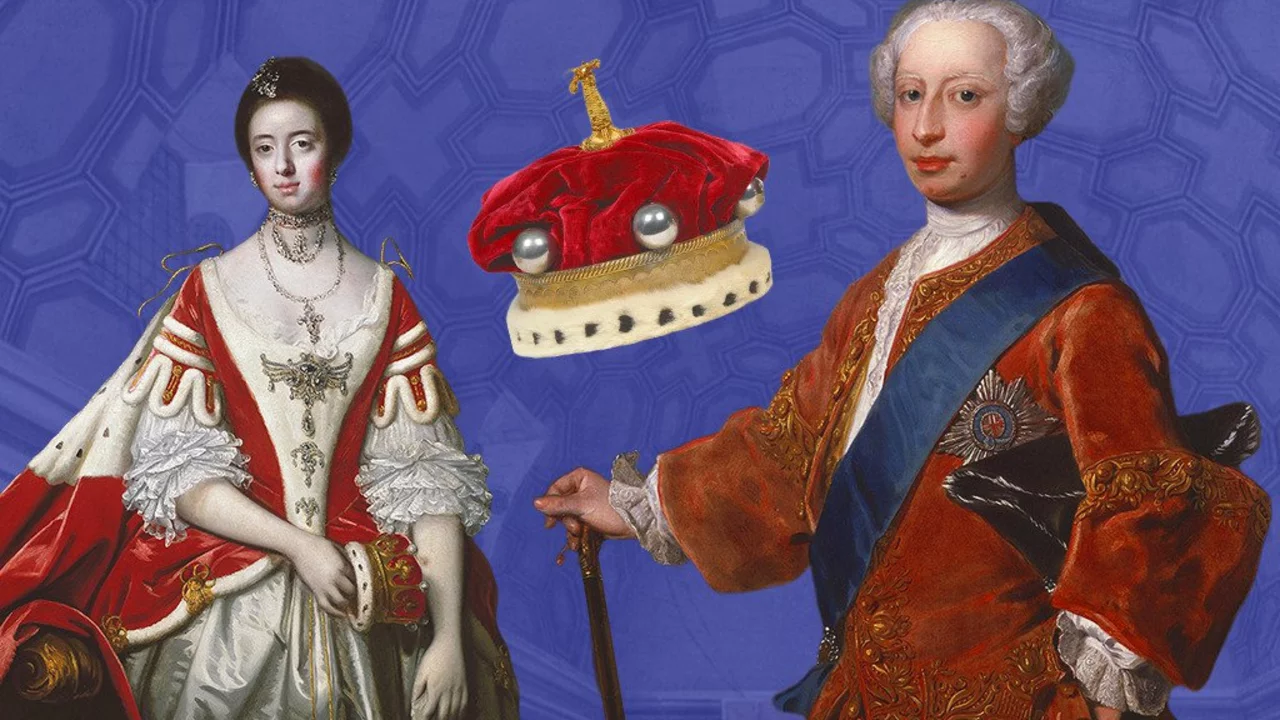History & Culture – Explore Motorsports Heritage and Traditions
Ever wonder why the roar of an engine feels like a time machine? Motor racing isn’t just about speed; it’s a living archive of bold ideas, daring personalities and social shifts. On this page we break down the most interesting bits of motorsport history and culture, so you can see how past events shape today’s tracks.
Why history matters in motorsports
First off, history gives context. When you watch a modern Formula 1 car, you’re actually seeing the result of over a century of engineering trial‑and‑error. The early 1900s saw inventors like Henry Ford and Enzo Ferrari turn simple machines into racing machines. Those breakthroughs set the groundwork for the aerodynamics you see on a 2025 car.
Beyond tech, history fuels the stories fans love. Think of the rivalry between James Hunt and Niki Lauda – it’s more than a win‑loss record, it’s a clash of personalities that still gets talked about at every Grand Prix. Those narratives create a community that keeps coming back for more.
Understanding cultural roots also helps you appreciate the sport’s global reach. In Japan, the love for drifting grew out of illegal street races in the 1970s, while Brazil’s passion for touring cars ties directly to its carnival spirit. Each region adds a unique flavor, and together they form a rich tapestry that makes motorsports a worldwide phenomenon.
Spotlight: British aristocracy and racing roots
Britain’s nobility might sound like a far‑off topic for a motorsport blog, but the link is surprisingly strong. Take the question “Are there still dukes and earls in England?” – the answer is yes, and many of them still hold honorary positions in racing clubs or own historic tracks.
Historically, dukes and earls owned large estates that could accommodate early races. The famous Brooklands circuit, opened in 1907, was built on land owned by the Duke of Westminster. Those aristocrats provided the land, the money, and sometimes even the drivers for early events.
Today, while most titles are ceremonial, some peers still keep the tradition alive. The Earl of Derby, for example, sponsors a classic car rally that celebrates 1950s racing culture. Their involvement isn’t about power; it’s about preserving heritage and supporting community events that keep the sport’s spirit alive.
So when you hear a comment about “nobility in racing,” it’s not a myth. It’s a reminder that motorsport grew from a mix of wealthy patrons, daring engineers and everyday fans. That blend still exists, whether you’re watching a MotoGP race in Italy or a local dirt track in the English countryside.
Wrapping up, the history and culture of motorsports aren’t just for history books. They’re practical guides that help you understand why cars look the way they do, why fans chant certain chants, and why old titles like dukes and earls still pop up in race day programs. Dive into the past, enjoy the present, and get ready for the future of racing with a deeper appreciation of the stories that drive every lap.
